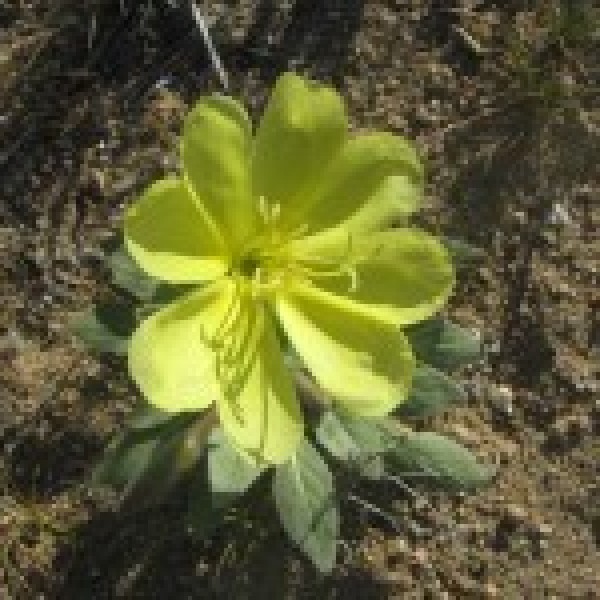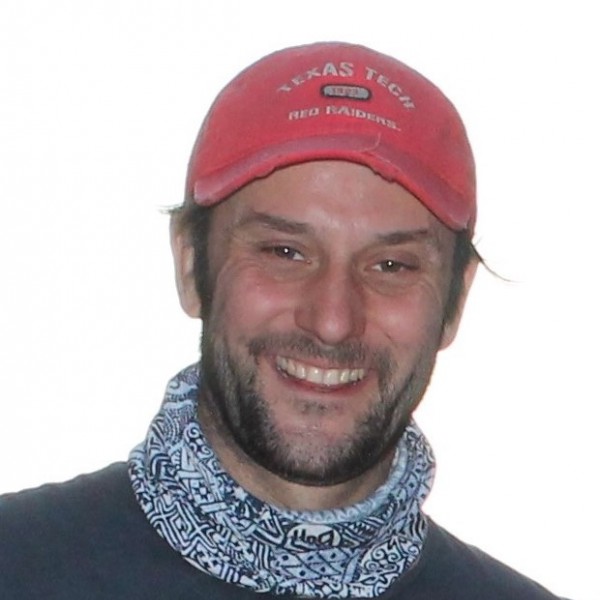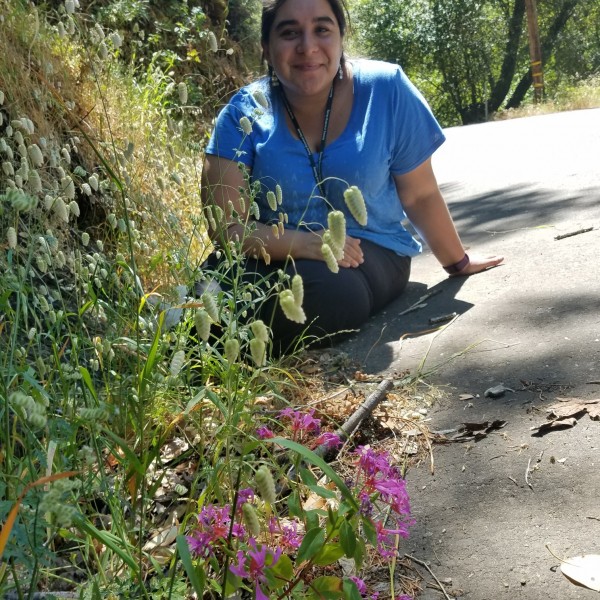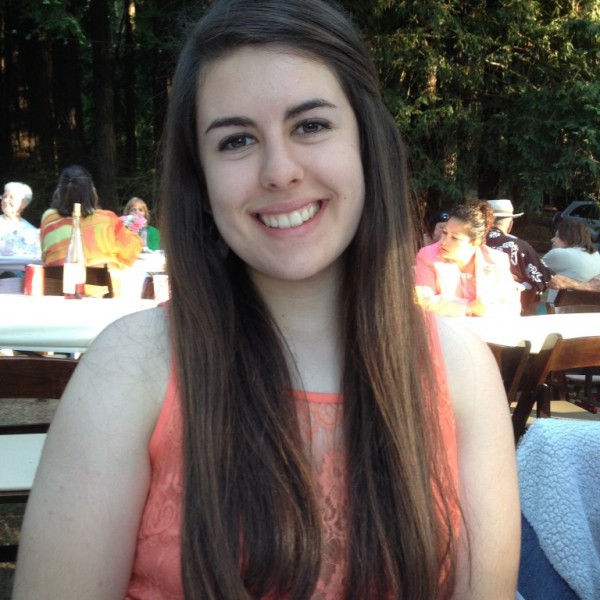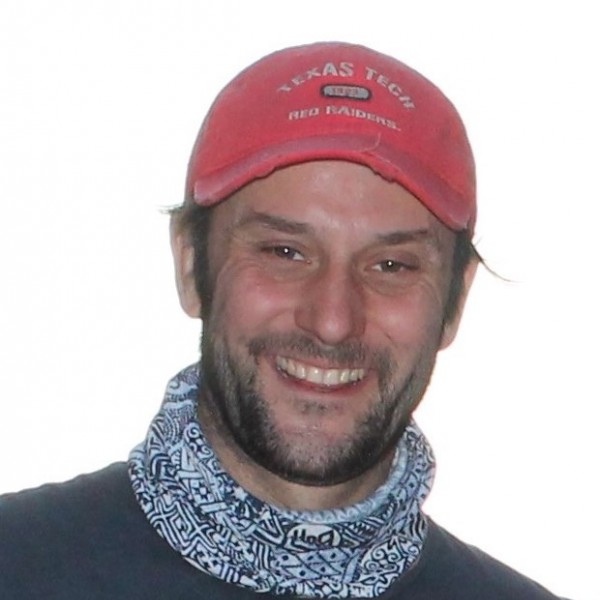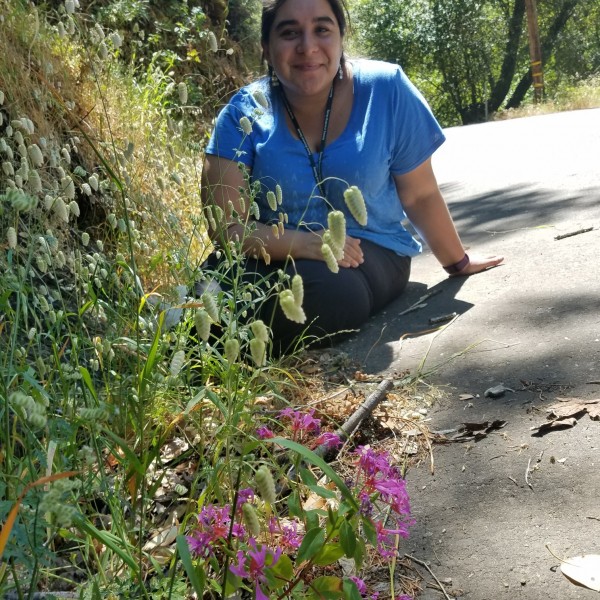How bad can inbreeding be? Mating system variation and inbreeding in Oenothera primiveris. 2016
CBG
Genetics, Reproductive Biology
Mating system is directly related to inbreeding and in some cases will lead to a loss of fitness known as inbreeding depression. The relation between mating system and ID has been study in different organisms, and there is a strong relationship but variation is inevitable. In self-incompatible populations (can't self), they will express greater inbreeding depression than self-compatible, due to the inexperience of inbreeding in the past. Since self-compatible populations are exposed more often to inbreeding they are able to purge the negative effects of inbreeding depression. Since the magnitude of ID can vary by populations, in this project we want to look at how inbreeding depression is expressed across different populations of Oenothera primiveris that differ in the mating system.
Oenothera primiveris (Onagraceae) has a widespread distribution throughout the southwest United States. Populations in the western ends of the distribution of the species are self-compatible (can self) with smaller with stigmas completely surrounded by the anthers, while at the eastern part of its range, O. primiveris populations are self-incompatible maintaining large flower to attract insects. IIt has been established that pollinator are a major factor in the transition of mating system and it is expected that this is what influence on this case. The objective of this project is to evaluate the difference in pollination and fitness in the progeny of self compatible and self-incompatible populations and to test the relationship to inbreeding depression.
The student will have an active role during this project helping to carry out controlled crosses to increase inbreeding artificially. This material that will be used in further generations. The student will also carry morphology measurements, collect scent and fruit set to help determine current levels of inbreeding. This project is part of a larger study, so besides participating in this project, the intern would collaborate in the establishment of other experiments, in seed cleaning for other species and genetic work.
